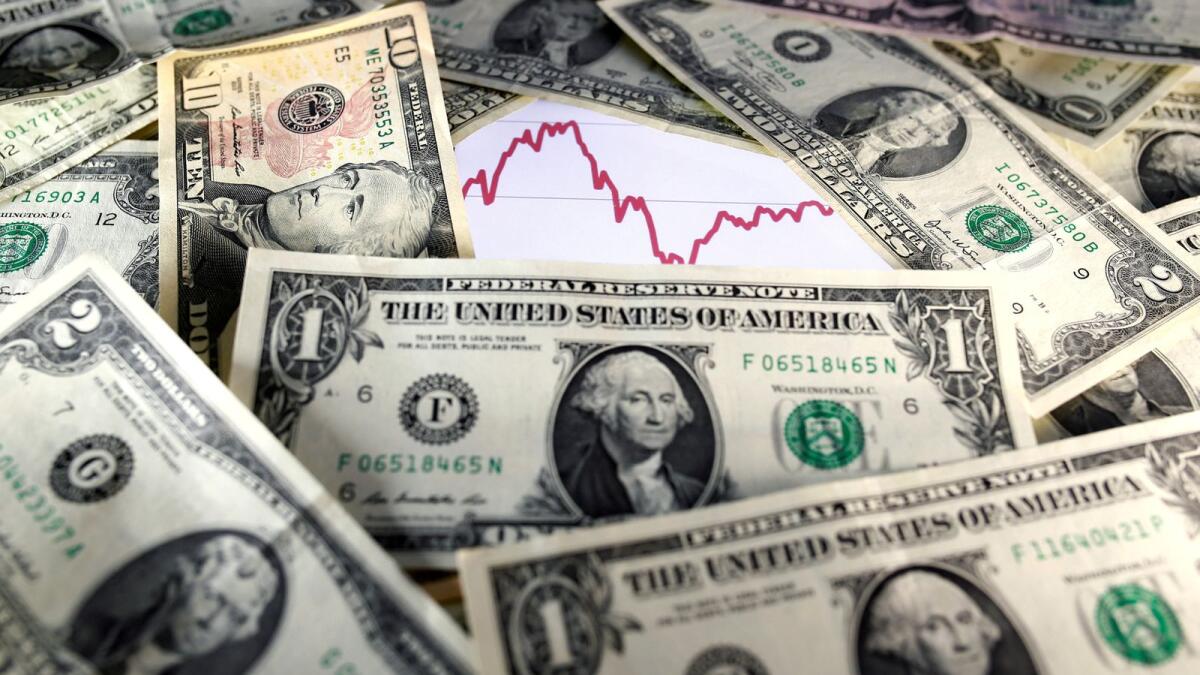The adoption of the new Sharia Standard 62 could potentially disrupt the sukuk market as soon as next year, according to S&P Global Ratings. Analysts believe that the new standard could reduce issuance volumes in the medium term if it significantly changes the nature and risk characteristics of sukuk instruments. The standard aims to transition the industry towards asset-backed sukuk by requiring the real transfer of underlying assets to investors. Total sukuk issuance reached $91.9 billion at midyear 2024, showing a similar performance to last year with a notable increase in foreign currency-denominated issuances.
Despite the potential impact of the new standard, S&P maintains its global sukuk issuance forecast for 2024 at $160 billion-$170 billion, including foreign currency-denominated issuance of $45 billion-$50 billion. The increase in total issuance over the first six months of the year is attributed to issuers from Saudi Arabia, the UAE, Oman, Malaysia, and Kuwait. Improved visibility on the medium-term trajectory of interest rates has also supported the growth in foreign currency-denominated sukuk issuance. The high financing needs in core Islamic finance countries have driven the increased issuance, particularly for funding economic transformation programs and non-oil economy growth.
However, the adoption of AAOIFI’s Standard 62 guidelines could potentially disrupt the sukuk market starting from next year. The main concern is the transition towards asset-backed sukuk and the challenges it poses for investors and issuers. There are uncertainties regarding the appetite for such instruments, as well as the legality of moving assets off balance sheets within the current market structure. This could lead to market fragmentation or a temporary hold on issuance until a middle ground is found. Geopolitical risks, while not yet impacting issuance significantly, could pose downside risks in the future.
A more conservative interpretation of Sharia is already influencing market structures, but even with the adoption of Standard 62, existing sukuk are unlikely to be disrupted. The industry may need to find a balance between the new requirements and market dynamics to ensure continued growth and stability. S&P believes that any disruption caused by the new standard may be moderate under a base-case scenario. Overall, the sukuk market is expected to continue growing, supported by the strong performance in foreign currency-denominated issuances and the financing needs of core Islamic finance countries. As the industry continues to evolve, stakeholders will need to adapt to regulatory changes to maintain momentum in the global sukuk market.











